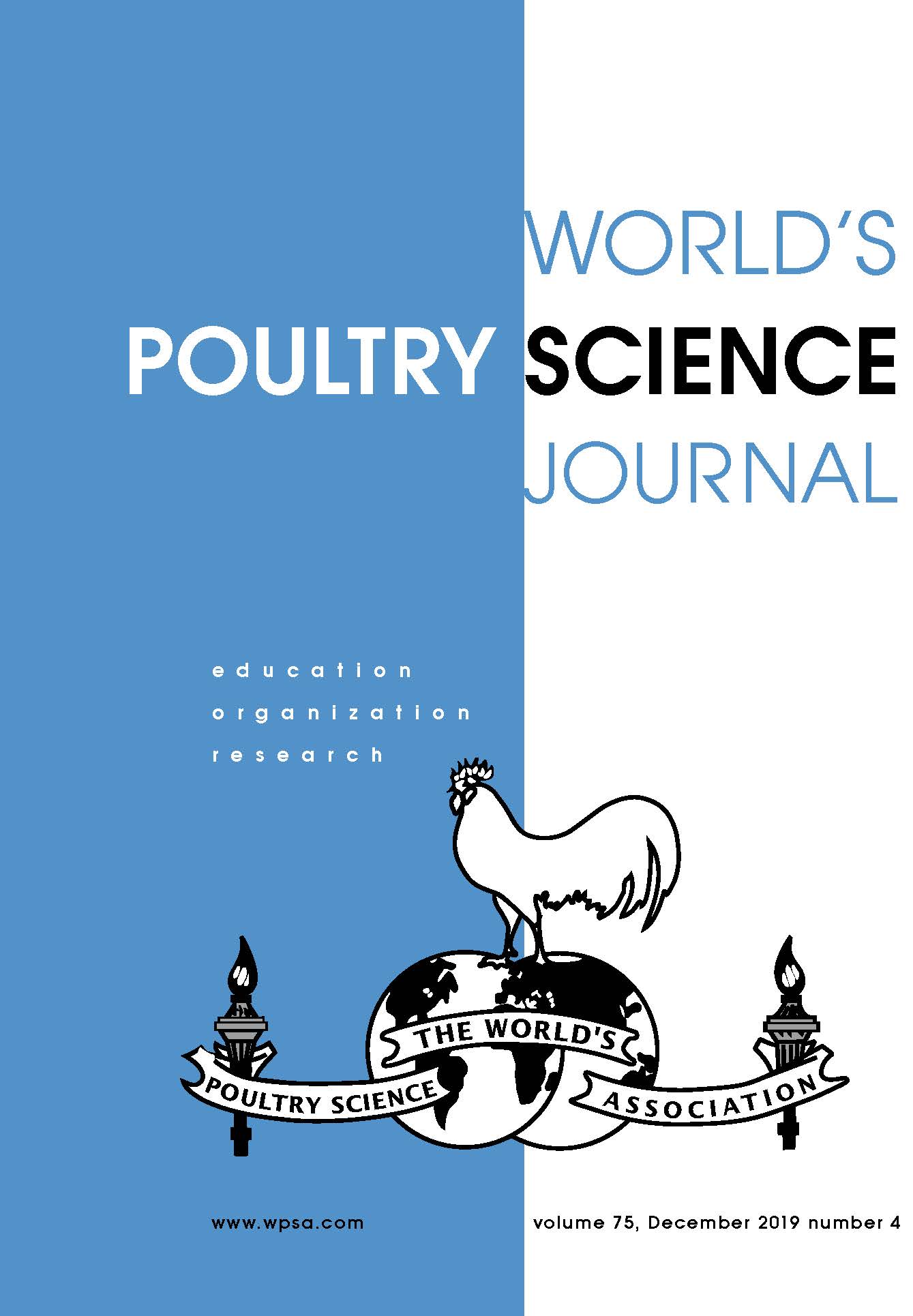No CrossRef data available.
Article contents
Poultry breeding in Lithuania
Published online by Cambridge University Press: 18 September 2007
Abstract
This paperprovides a short history of poultry production development in Lithuania and the results of breeding work achieved overa thirty-year period.
The year 1965 can be considered as the beginning of breeding work, when the development of specialised strains of laying hens began. On the basis of these strains, after testing them for combining ability, the first two-way cross of laying hens “Neringa” was developed in 1975. The egg production of the commercial layers of this cross on poultry farms in Lithuania was 239 eggs in 10 laying months. After nearly ten years' purposeful work with initial lines, “Hisex White” from the Euribrid company, a more productive three-way hybrid combination was developed (1984), which was denominated as the cross “Kelmò–1”. As a result of further breeding work, the laying rate of commercial hens increased to 276 eggs peryear.
In 1968, breeding work with the initial lines of meat poultry was started. Using lines developed by “Shaver”, “Euribrid”, and “Arbor Acres” companies, Lithuanian breeders developed 5 lines of Plymouth Rock and 3 lines of Cornish breeds.
On the basis of the results from the analysis of the combining ability, a four-way broiler cross “Baltika–4” was developed in 1971 with a daily weight gain of 26.8 grams, and a four-way cross “Baltika–10” with a daily weight gain of 37.5 grams was developed in 1983. During the period of 1989–1990, the experimental four-way cross with a daily weight gain of 41.8 grams was developed.
The activities of Lithuanian researchers in the fields of poultry breeding, nutrition and housing technologies together with the results of breeding and those of commercial farms, exerted a positive effect on the development of Lithuanian poultry production1.
One of the keys to success was the development of a closed vertically intergrated farming system, i.e. primary breeding farm, grandparent reproduction farm, parent stock reproduction farm, the multiplication results of which are used by production farms and large poultry farms.
As a results of complex work, Lithuanian state poultry production farms produced 13.5 kg of poultry meat and 273 eggs per capita in 1990.
- Type
- Regional Report
- Information
- Copyright
- Copyright © Cambridge University Press 2005


